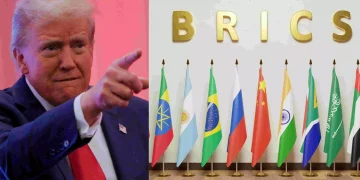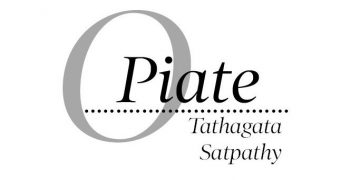Berlin, June 4: Midway through their news conference in Berlin last month, French President Emmanuel Macron turned to German Chancellor Angela Merkel and laid out a quid pro quo on strengthening Europe’s single currency project.
“I have to press ahead with reforms that are necessary for our country and for restoring trust between France and Germany. And the chancellor must make a convincing case to her public, to her political class.” Macron campaigned on a promise to “rebuild” Europe through deeper integration of the euro zone, the 19-nation currency zone which ranks as one of the EU’s biggest achievements but which critics say is still work in progress 18 years after its launch.
But in Berlin, questions remain about whether Merkel will embrace the leap in European integration that Macron wants. That would mean taking on sceptics in her party who remain reluctant to compromise with the new president of France, a country they worry has a vision of a Europe in which Germany has to pay for the failure of others to knock their economies into shape. Macron’s team was elated with their Merkel meeting in Berlin. She agreed to work with them on a “roadmap” for euro zone reform and hinted at the possibility of radical steps that would require changes to the European Union’s Lisbon treaty.
SMALL STEPS
At the heart of Macron’s plan for Europe is the creation of a euro zone finance minister who would oversee a pooled budget for investments and transfers intended to help euro zone members cushion downturns. That official would be answerable to a euro zone parliament, or sub-section of the European Parliament. In conversations with half a dozen lawmakers from Merkel’s Christian Democratic Union (CDU) a picture emerged of a party that would prefer to take small symbolic steps with France – identifying joint investment projects or aligning corporate tax rates – than contemplate the big changes that Macron is seeking.
They also argued that none of the steps being proposed by Macron could be done without treaty change, a multi-year process fraught with political risks.
BLACK-YELLOW
Much could depend on the outcome of the vote. While the polls suggest Merkel’s conservatives will come out on top, the make-up of her next coalition is uncertain.
In a so-called “black-yellow” coalition with the FDP, Germany’s hard-line Finance Minister Wolfgang Schaeuble would almost certainly remain in his post. “From Macron’s perspective, a grand coalition without Schaeuble would be best,” said Claire Demesmay of the German Council on Foreign Relations.






































